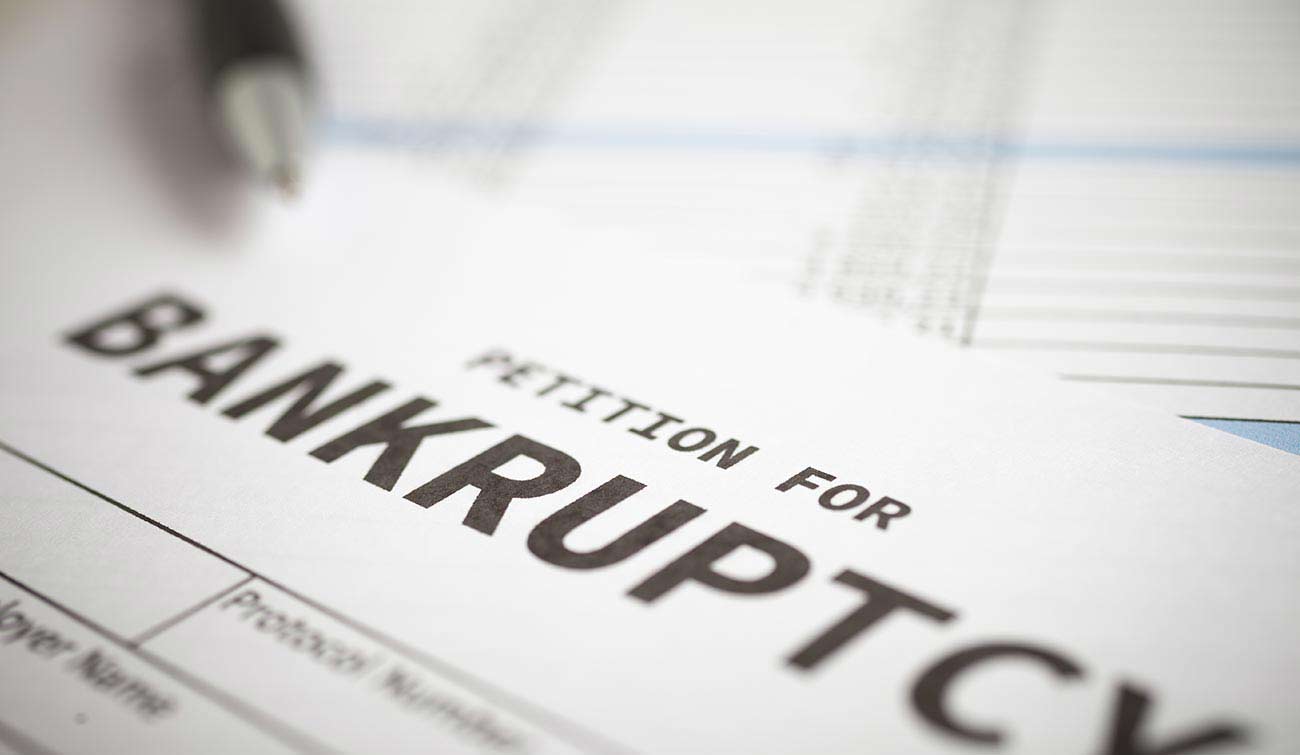What does the FDCPA say about stopping communications from debt collectors? Well, it says that a consumer can request a debt collector stop calling and communicating with a consumer. But that communication, that request, has to be done in writing. What does that mean? Will an email work? Probably, but it’s not the best way to do it. A phone call won’t work. That’s why when you tell a debt collector to stop calling over the phone, they keep calling you. The best way to approach it is to send a letter. The best way to send a letter is to put your name and address, use the address where you have been receiving communications, not any other address, the account number, and if you know what the name of the original creditor. Be sure to use the debt collector’s address. If you don’t have a written communication [inaudible 00:01:22] debt collector, then go online and find their website and use that address. I’d try to confirm that address before you use it. I’ve had problems in the past where it gets sent to a bad address on a website and the debt collector doesn’t receive the notice. Once you have that information on a letter, go ahead and tell the debt collector that you either want them to stop communicating with you or that you refuse to pay the debt.
If you say either of those things, you don’t have to say both, if you say either one of them, the debt collector must stop communicating with you. I think it’s a good idea, but it’s not required, to put a reason why you refuse to pay the debt or that you want them to stop calling. Say something like, “You’ve been calling me three to five times a day for weeks now,” or “I’m sick of your communications and I can’t take it anymore,” or tell him that you don’t owe the debt and you refuse to pay it, or you don’t recognize the debt and you refuse to pay it. Those are all any reasons valid to tell them to stop communicating with you or that you refuse to pay the debt. But putting a reason in is helpful.
Once you have the names, addresses, and the reason in there, sign the letter and take it to the post office. When you get to the post office, tell them you want to send it certified mail, return receipt requested. You’ll get a 16-digit number. Write that 16-digit number in the letter. Take a picture of the letter. Scan it with your phone. If you can, make a copy of the letter or scan it into a computer, and save that letter. Save a picture of that letter. Mail the letter. At the post office, mail the letter, take a picture of the envelope that’s properly addressed to the debt collector and it has the certified mail return receipt number on it. That way you can track the number on the United States Postal Service website where you can track certified mail. You can track it.
If you get a call or a letter from a debt collector that is dated after the certified mail was received by them, then they have violated the FDCPA. Now why is that important? Well, if they violate the FDCPA, you can Sue them under the FDCPA. The FDCPA provides for your actual damages for statutory penalties of up to $1,000. It also requires, on successful resolution of the case, the debt collector pay your attorney’s fees and your costs of bringing the lawsuit. If they violate the FDCPA, then you can get a statutory penalty, your actual damages, and it won’t cost you anything. There will be no attorney’s fees.
If you’re struggling with a debt collector who keeps communicating with you after you’ve told him to stop or any other debt collection harassment problem, give me a call. 210-226-0800. Thanks for watching.


